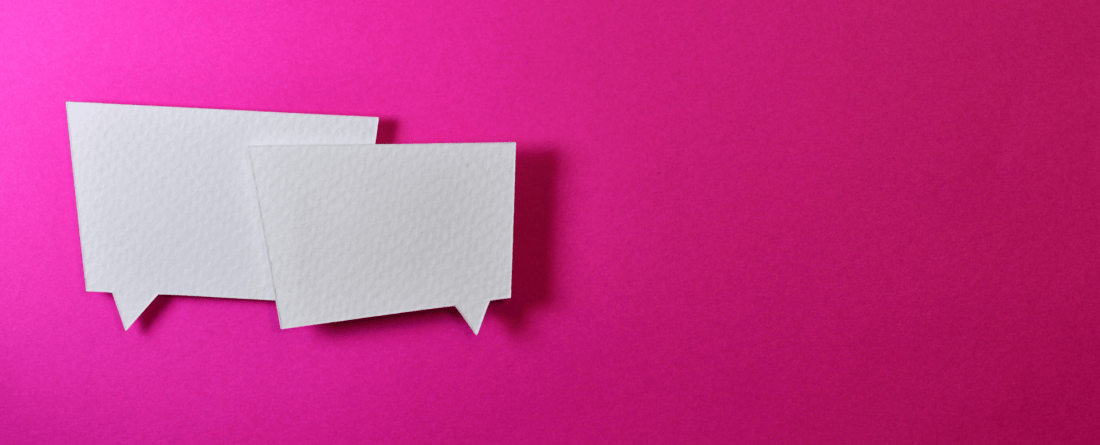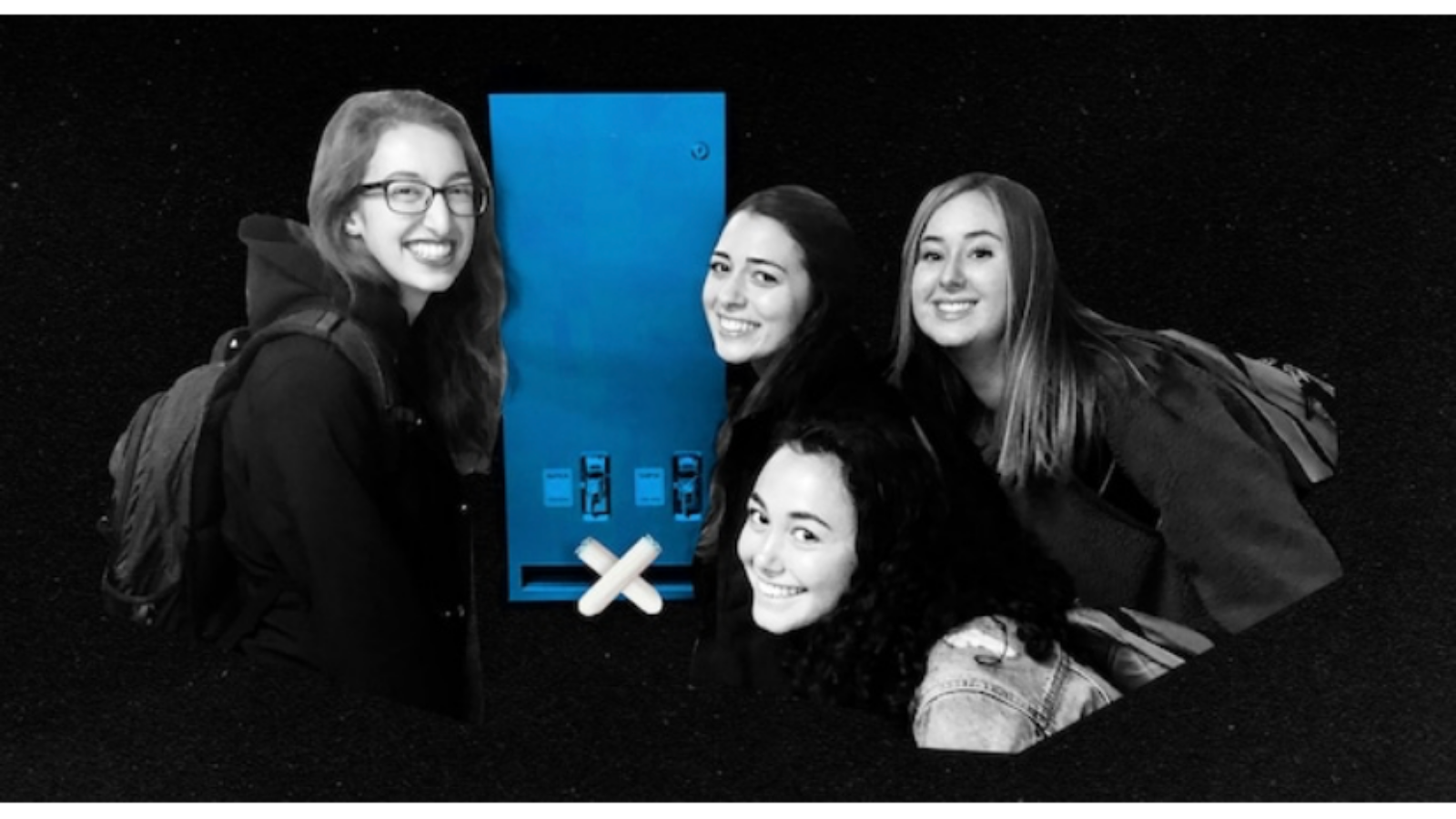
The following column is part of a new series: Do Good Student Voices.
In this series, students highlight topics they are passionate about and share what they are doing to ignite impact on campus and beyond. The series is a collection of students' stories, in their own voices, about their own experiences, inspirations, and actions for areas they care deeply about.
The following column was written by Hope Kahn and Zoe Weisberg, Do Good Ambassadors, who were inspired to create the student group "Get Ovary It" after meeting in a Do Good Now course. For questions about the piece below, we encourage you to reach out to the authors directly at hkahn@terpmail.umd.edu and zoeweisberg@gmail.com. Hope is a sophomore studying journalism and Zoe is a sophomore studying marketing.
No student should have to choose between their health or their education. Period.Hope Kahn and Zoe Weisberg Class of 2023
Get Ovary It
By Hope Kahn and Zoe Weisberg
Last fall, we met on the second day of our class PLCY388D: Special Topics in Public Policy, Innovation and Social Change: Do Good Now. The premise of this interactive course is to work in teams and use skills in entrepreneurship, social change, and fundraising to develop solutions for problems in the community. We were sitting in groups talking about issues that matter to us and began talking about the tampon tax and other women’s issues.
Soon after chatting, we started the team Get Ovary It. Our team —the two of us, Haley Chaikin, Lauren Anikis, and Claire Mudd— decided to tackle the lack of accessible menstrual products on our campus for our semester-long project.
Claire mentioned that she once got her period while she was on campus, but she wasn’t carrying any menstrual products with her. Most bathrooms on our campus have quarter-tampon dispensers, but they aren’t stocked. And who carries quarters with them these days? Claire had to wait until she arrived at the Stamp Student Union, one of only three - out of more than 200 - buildings on the University of Maryland’s campus where menstrual products are supplied for free.
Eighty-six percent of U.S. women surveyed by the Free the Tampons Foundation reported that they’ve started their period unexpectedly in public without the supplies they need. As students, that means skipping class to go to the convenience shop or back home. If menstrual products were available in all campus bathrooms, attendance could increase up to 2.4 percent, according to GoAuntFlow.com.
Instead of skipping class, we want students to be able to go to the bathroom knowing that they can find a tampon or pad if they need one. In our class, we learned about the process of social innovation as we completed assignments and presentations throughout the semester. Not only are the skills that come with social innovation important for being successful in our class, but they are applicable to all majors and careers. Whether you are in STEM, business, journalism, art, you can use social innovation to find creative solutions to problems and make a difference in the community.
To prove our project was viable, we needed to prove there was a need. In order to do this, we were tasked with creating a very basic version of our solution. As a group, we contributed our own menstrual products to create a basket of products and placed it in three different bathrooms: a library bathroom, a dining hall bathroom, and an academic building bathroom. We were testing to see if products would be used or abused. We found that products were used when available, and nobody took the entire basket.
We created a petition, raising awareness of the lack of accessible menstrual products at UMD for students to sign, and the support we got—more than 600 signatures in a few weeks— was incredible. The Diamondback wrote an article about us and our project, and then The Washington Post’s The Lily reached out to us and wanted to write an article about our project. We thought it was the coolest thing ever.
At the end of the semester, we won our in-class Do Good competition where we competed against six other teams from other class sections in the Do Good Now Course. We won and were awarded $1,000 to put towards our project. We knew that as the semester ended, we didn’t want this project to end. We applied and received a $500 Do Good Mini-Grant, as well applied for funding from the Student Facilities Fund.
The Student Facilities Fund approved our request for $18,000 to install and stock 15 dispensers with free menstrual products in different bathrooms around campus. But this spring, right after getting sent home for the semester due to COVID-19, we were told that the Facilities Council voted against the funding for the project.
We were disappointed and frustrated. We thought we could finally bring free and accessible menstrual products to campus. But we weren’t going to give up. Since hearing the news, two founding members have graduated, but we’ve also grown… a lot. We merged with the student organization formerly known as PERIOD. Now, with an executive board of 11 people and more than 1000 Instagram followers, we are ecstatic to have even more people to support our initiative. While we are planning to reach out to more UMD administrations along with state politicians, we also are working to raise money to donate menstrual products to the surrounding College Park community. We’re hoping that having increased support will cause the university to see the need for free and accessible menstrual products.
No student should have to choose between their health or their education. Period.

